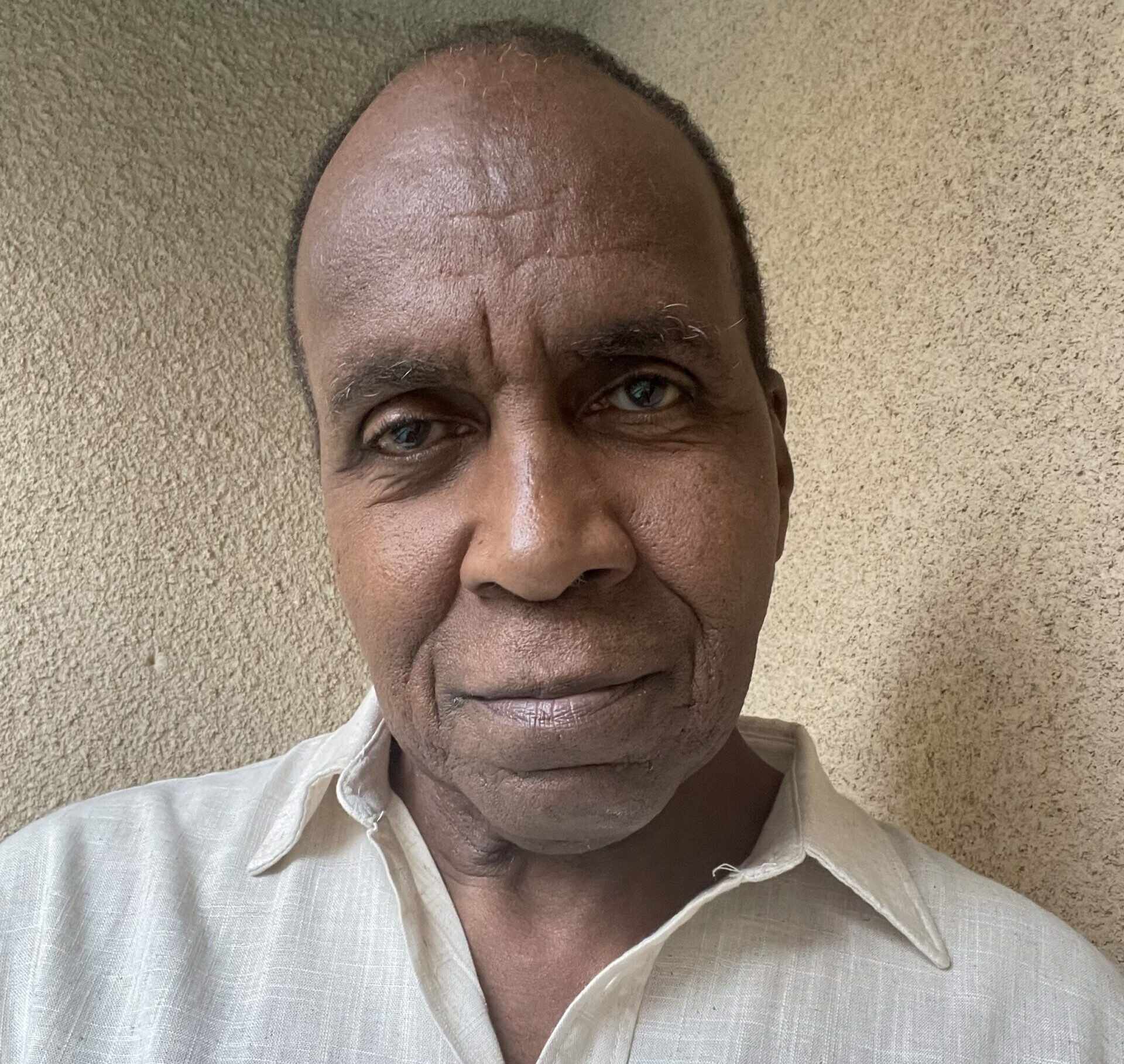For more than 30 years, Roger has devoted his life to personal development. He has accomplished this through experiences and those of others he has coached. Every morning, Roger’s higher aspect, “Wilhelm” channels messages through him during his automatic writing process. Roger works with everybody, from all walks of life and from every corner of the world. Roger is an outstanding vocalist, vocal coach, life coach, speaker, author, and Intuitive.
Connect with Roger Burnley:
LINKTREE: https://linktr.ee/
